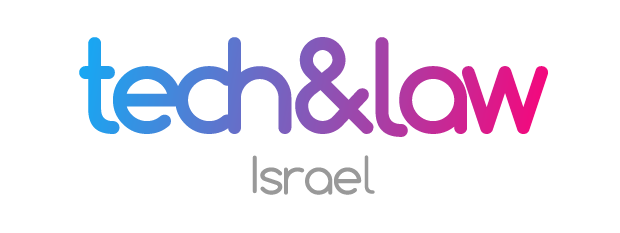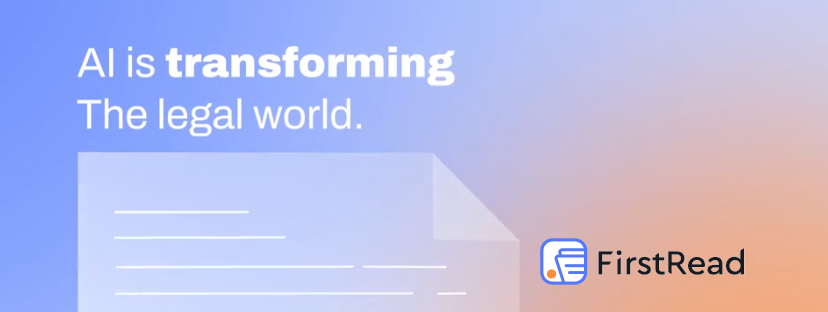
Noa Siskind
Israel has been crowned as the “Startup Nation” for many reasons, among others, due to the fact that it has a significant number of startups per capita globally. The innovation-driven high-tech economy puts the tiny country on the map, keeping up with big tech countries like the United States and China.
In the legal industry, legal technology has taken the market by storm. Legal Tech picked up even more due to the coronavirus pandemic when almost every business went virtual. Legal Tech refers to using technology and software to provide legal services and support the legal industry. These companies are most often startups founded with the intention to elevate the traditional legal market and help bring it into the 21st century.
Israel is a country that fosters innovation and encourages it culturally and economically. You can pinpoint the humble beginnings of innovation in Israel back to the Kibbutzim. With Kibbutzim, immigrants from over 100 countries worked together to create new agricultural methods and social structures. This set the tone for the future of Israel, developing the social acceptance of risk-taking and innovation.
Israel’s unique society, economy, government support, and global market are a few things that contribute to Israel’s unmatched innovation ecosystem. Flexibility and adaptability to change are key factors that affect business performance. Israel can translate market demands into action through innovation. Israel is known to have strong performance with flexibility and the ability to adapt to a new change. Legal Tech is a field of innovation constantly being tested with new change and flexibility as the world changes every day.
Research conducted by Professor Shaul Lach of the Hebrew University in Jerusalem (2008) examined the impact of government support on innovation research and development (R&D) in the business enterprise sector. The research found a direct correlation between governmental support of R&D and the creation of new research in the industrial and software markets. The governmental support from Israel creates an essential asset to the industry. With the overwhelming support from the government, public, and private sectors, the landscape in Israel is perfect for startups that want to tap into smaller markets such as the legal tech market.
As for LegalTech – this reasonably new industry took the world by storm nearly a decade ago when LexisNexis launched its next-generation legal research platform, Lexis Advance. The Google-like search bar that searches universally across all libraries and then lets you use smart filters to zero in on precisely what you want. From then on, legal technology spread from New York to the rest of the globe, piquing innovators looking to incorporate technology into all sectors.
Israel has soared with legal technology, with many startups innovating new tools for the legal market to utilize. Israel has become one of the world’s main Legal Tech Headquarters due to the country’s exceptional number of startups. Prominent startups include LawGeex, which proved that the AI algorithm was more accurate than humans doing the same work. Lawflex is another startup that has become a global leading outsourcing legal service.
Legal Tech can offer various software to help optimize the workflow in a law firm. Programs like advanced artificial intelligence (AI) and machine learning algorithms are tools used by busy firms. For example, document review with AI and machine learning has helped train data and analyze many types of legal documents. Other software includes document and contract management platforms, smart contracts, data security, legal chatbots, electronic billing, and much more.
A big reason why legal tech startups are performing so firmly, is that they offer flexibility, something most traditional law firms cannot offer. Alternative legal service providers (ALSPs) are a popular choice for legal tech startups. ALSPs are niche companies that provide high-demand legal services such as document review, contract management, litigation support. With the technology these companies offer, the legal process is much cheaper and more efficient than a traditional law firm.
Lawflex is an excellent example of a leading startup in the legal market (https://lawflex.com/). This company is an Israel-based ALSP and has over 600 lawyers in 24 jurisdictions available for service. Lawflex has embraced New Law, allowing their clients the freedom of choice. This company is one of the world’s fast-growing legal talent sourcing companies with a solid global footprint. Companies like this are putting Israel’s legal tech market on the map.
With Israel being a paradise for startups, it is very apparent that Israel will soon be a top leader in the legal tech market as the industry picks up. Various companies lead the industry and show the rest of Israeli innovators how much room there is to grow in the legal market. Countries like the United States, Singapore, and other tech giants are leading the legal tech market; however, watch out for Israeli startups because they will be taking the world by storm sooner than later.
Noa Siskind is an incoming fourth-year undergraduate student at the University of Tennessee. She is interning with Robus through a two-month intensive Masa abroad program. She is studying public relations with a minor in business administration and plans to attend law school in the near future. Noa has spent her time at Robus learning about the legal tech industry and hopes to apply this knowledge to a future law career in the US.







